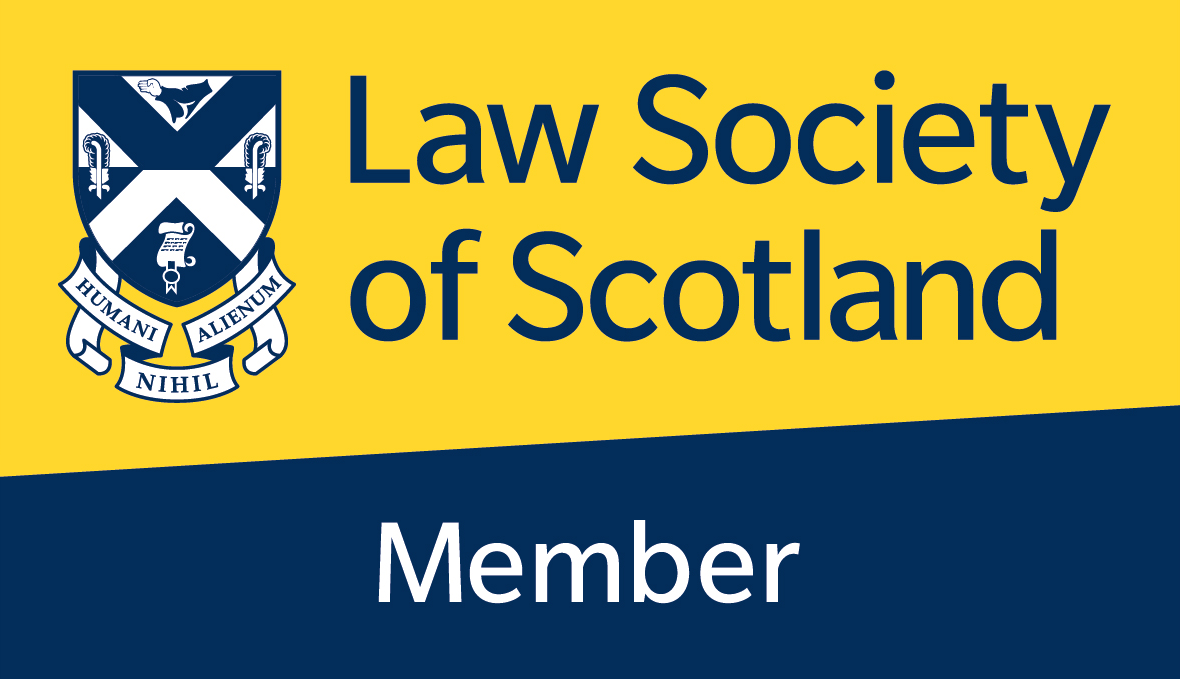Personal Injury Law Scotland
Civil Jury Trials in Scotland
A civil jury at the High Court in Edinburgh decided that the MOD should pay £90,000 to a Royal Marine’s mother and £60,000 to his sister. Joe Windall died when his Nimrod plane exploded on 2nd September 2006.
A number of claimants raised court actions and Joe Windall’s case went before a jury.
You may have read stories in the news about the awards by the jury and wondered what part jury trials play in Scots Law.
HISTORY OF JURY TRIALS
The civil jury trial was introduced from England under the Jury Trials (Scotland) Act 1815. The jury consisted of 12 persons. Although civil jury trials were largely abolished in England they continued in Scotland and were reasonably popular in the early 1900s. In the early 1960s the use of jury trials in civil cases declined (by civil cases this largely means claims for compensation for injury). By the early 1980s the number of cases was very small and an attempt was made to abolish civil jury trials following the Court of Session Act in 1998. However, strong objections were taken by a number of trade union firms (including ourselves) and the institution was retained. In the 1990s jury trials became more popular and claimants’ legal advisors were made increasingly aware that in certain types of injury claims juries would award substantially more than single judges. Judges would follow the authority of previous reported cases dealing with a particular type of injury or in more recent times they would use guidance known as the Judicial Studies Guidelines (guidelines for the assessment of general damages in personal injury cases compiled for the Judicial Studies Guidelines Board (in England)). These guidelines lay down a broad range of awards for various types of injury. They are updated every couple of years.
HOW DO THEY WORK
In civil jury trials there is no guidance given to the jury on previous reported cases relating to the particular type of injury nor is there any reference to the guidelines. Accordingly juries are free to make their mind up what award of compensation they will give for personal injury. If the jury award is greatly excessive it can be appealed but this is rare.
Insurers have argued that the use of a jury trial is a breach of their entitlement to article 6(1) of the European Convention on Human Rights because the juries don’t have to give reasons for their decision. They only need to give a figure. The House of Lords considered this legal question in the case of Girvan v Inverness Farmers Diary (No 2) 1998 SC (HL1). The House of Lords took the view that the granting of a jury trial was not a breach of article 6 of the Convention. Now juries are frequently used in more serious cases. Juries will tend to be more generous than judges in cases relating to personal injury involving severe disability such as loss of the limb. They have also made more generous awards in fatal cases i.e. if you lose a member of your family.
In 2006 Mrs Gilles was awarded £80,000 for the death of her daughter in a road traffic accident.
Although judges do now pay some attention to jury awards, at the time that was the highest award for the loss of a child in a fatal case.
FAMILY AWARDS
The recent awards to the family of the Nimrod crash victims are likely to cause a substantial increase in the general level of awards in fatal cases in Scotland. The members of the family that can claim compensation for loss of a loved one now include bothers and sisters. There has been no authority on the type of sum a brother or sister might recover and accordingly the £60,000 award to Joe Windall’s sister, Marie Paiser, 29 from London, will have an impact on settlement levels for those members of the family.
TYPES OF CASE SUITABILITY
Civil jury trials are available to claimants pursuing actions for compensation in the Court of Session. You would be advised by your lawyer of the possibility of seeking a jury trial. There is a delay in the court time fixing hearings for jury trials but very often in serious cases insurers may be persuaded to give higher figures because a jury trial has been allowed. In some cases they may not be so appropriate. Particularly in relation to modest back injuries. The jury may take the view that many people are afflicted with this type of problem and that an award should not be over generous. The lawyer has also to take a view on what the jury’s attitude might be to the type of accident claim and the claimant before suggesting the case go to jury. Someone who does not come across sympathetically is not likely to recover much by way of compensation from a jury.
ENGLISH POSITION
An interesting contrast can be made in England. Currently an English personal injury claimant who will generally recover the same level of damages as a Scottish claimant is at a serious disadvantage when it comes to fatal cases. They may only be awarded a modest figure for a bereavement award of £11,800 where the death occurs after 1st January 2008. The award is made to families for the death of a partner, child or spouse.
Claimants who have a choice of venue for pursing a claim in a fatal case should almost always raise proceedings in Scotland.
DISCUSS JURY TRIALS WITH YOUR LAWYER.
Jury trials may not be allowed in certain complex or industrial disease cases.
Always ask your lawyer about the possibility of a civil jury trial.
Related Posts
By accepting you will be accessing a service provided by a third-party external to https://www.lawfordclaims.com/









